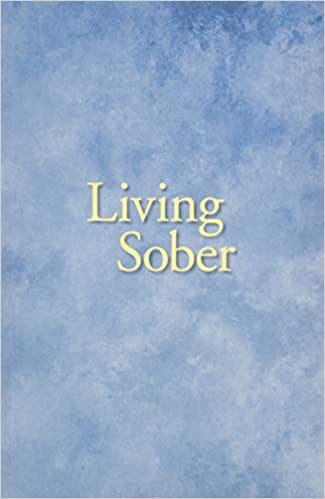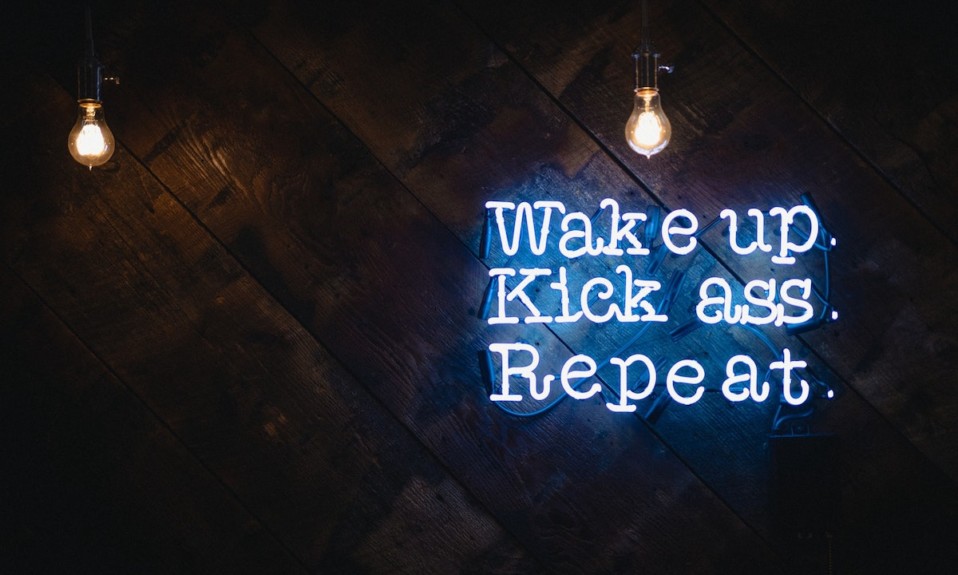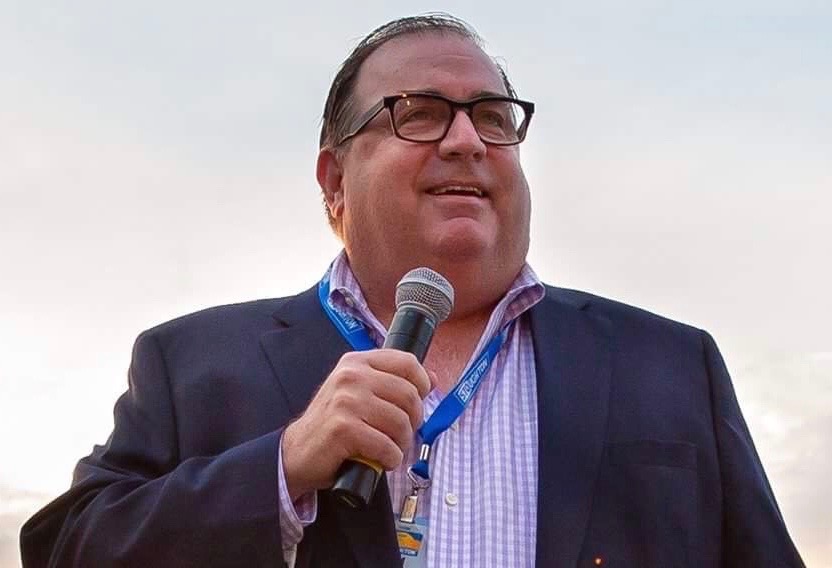This time of year can be particularly difficult for people in recovery. Here are some coping strategies
By Patrick McElwaine, Psy.D., LPC
The holidays, with their array of celebrations and festivities, are almost upon us. Although they should be filled with fun, they can be a delicate time for those struggling with problematic drinking and drug use.
Here are some tips to help get you through them:
Understand Your Boundaries
I know it can be difficult to pass on a holiday party or family event or leave one early, but it might be necessary to do just that to maintain your sobriety. Some family members and friends might not understand your addiction. They may ask you questions such as “Can’t you just be there and not drink?” or “Don’t you want to see your family and friends?”
Prepare for the obstacles that might pop up during the holidays. Identify coping strategies and practice them. Therapists can play a big part in relapse prevention strategies.”
I remember making decisions to step away from various social situations and events (for example, I once left early from a friend’s wedding). I’d think, Geez, I continue to disappoint people even when I am trying to stay sober. You might experience those same thoughts, but that’s okay. Don’t drink or do drugs because of them. Take a moment to breathe, and speak to someone who is supporting you, whether it’s someone in a 12-step program, a therapist or another person who understands the components of a substance use disorder. Also, remember that it’s okay not to attend a holiday party. You might think you’re missing out on something or letting others down. You might even think your recovery will never work. Those thoughts will pass. Life does get better. Maybe not as quickly as you’d like, but better times do indeed await if you stay the course.
Therapy
An essential aspect of recovery is working on the underlying reasons for using alcohol and/or drugs. I struggled with my sobriety early on because I wasn’t working on my underlying issues. I used alcohol and drugs to deal with grief, anxiety, depression, low self-esteem and bullying. As I confronted those issues in therapy, I developed strategies to understand my boundaries, increase my assertiveness, engage in healthy, adaptive coping strategies and restructure my negative thoughts about myself, the world and my future. If you’re struggling during the holidays, consider stepping up your therapy, or engaging in it in the first place.
Finding others who understand you and want to support you is significant for recovery. How did others in these support groups stay sober through the holidays?”
Support Groups
Finding others who understand you and want to support you is significant for recovery. How did others in these support groups stay sober through the holidays? What in the past disrupted their sobriety around this time, and how did they learn from it? When in a support group or group therapy, think of one positive thing you can take from every group. When you’re depressed, anxious or feeling hopeless, negative interactions and events can stick to you. Focus to filter out the negative, and find a positive that can help increase the likelihood of staying sober that day.
Relapse Prevention Strategies
Prepare for the obstacles that might pop up during the holidays. Identify coping strategies and practice them. Therapists can play a big part in relapse prevention strategies. Often with my clients, I develop an extremely comprehensive plan, and then we practice it and role-play these events and interactions. The recovery tools you are learning in therapy and support groups are great to know but need to be put into action when you are triggered, have an intense craving or experience a resurgence of negative thinking and behaviors

The Living Sober Book
There is a great book called Living Sober that I first read many years ago. Recently I came across the audio version. I decided to listen to it in my car, which proved to be an uplifting way to take in its lessons. With the holidays coming up, I found it to be a timely refresher on strategies for staying sober and coping with difficult situations. If you haven’t read (or listened to) this book, please do. It’s beneficial for anyone working recovery during the holiday season.
Patrick McElwaine, Psy.D., LPC, is known as “Dr. Mac” to his clients, students and colleagues. He has his own counseling practice, teaches counseling psychology at Holy Family University in Pennsylvania, is a faculty member at the Beck Institute, and serves on the Bucks County National Alliance on Mental Illness (NAMI) board of trustees. His column “Dear Recovery” publishes regularly on TreatmentMagazine.com.
Top photo: Element5 Digital














